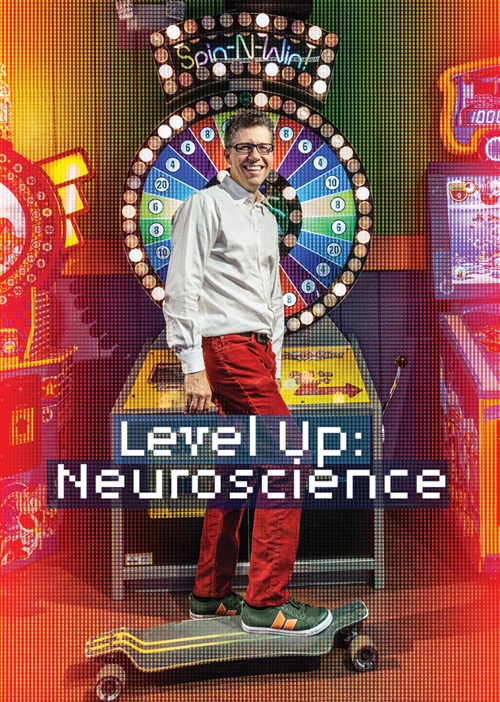Konrad Kording is Leveling Up Neuroscience

Konrad Kording is a Penn Integrates Knowledge University Professor, with joint appointments in the Department of Neuroscience in the Perelman School of Medicine and the Department of Bioengineering in the School of Engineering and Applied Science.
The fusion of those fields gives him a unique perspective on how the brain is — and isn’t—like a computer, and the lessons from each field that can be applied to the other.
Kording’s research uses data science to advance a broad range of topics that include understanding brain function, improving personalized medicine, collaborating with clinicians to diagnose diseases based on mobile phone data, and even understanding the careers of professors. Across many areas of biomedical research, his group analyzes large datasets to test new models and thus get closer to an understanding of complex problems in bioengineering, neuroscience, and beyond.
Penn Medicine Magazine’s Rob Press interviewed Kording — at a video arcade just off campus— and got a sense of how the new PIK professor approaches his research.
For Kording, there’s always another view to a given problem — and frequently, it involves stepping even further back to assess things in greater totality.
“The problem is: When we study complex systems like the brain or society, we don’t know if what we conclude is really true,” he said. “The problem is that if nobody ever tells us we are wrong about our theories, we may never fix that.”
Recently, Kording decided to test whether we might be wrong about neuroscience and the human brain. How he went about it — and the things he ascertained about the very bedrock of neuroscientific study — made waves throughout the field.
Continue reading at Penn Medicine Magazine.
